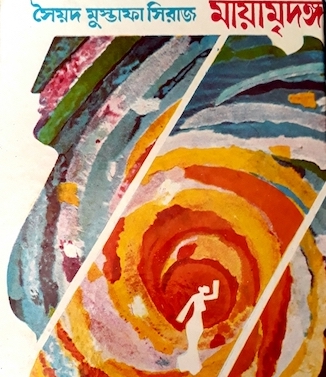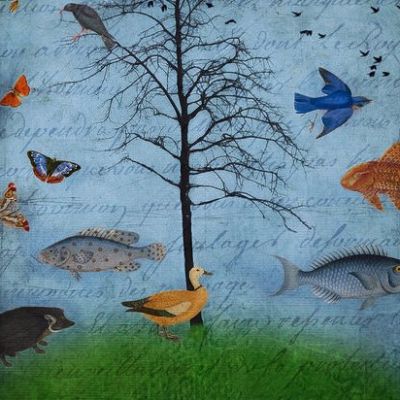Māyā Mridanga
Māyā Mridanga infinitely problematises the nature vs. nurture debate that is central to sexuality studies. The novel seems to suggest that a certain kind of male body – feminine, smooth, shapely – is the ideal raw material for making a chhokra out of a biological man. Ustaad Jhaksa, whose life the novel documents[2], repeatedly emphasises on this act of nurturing, moulding and pruning of a feminine male body for which he has fatherly affection as well as a lover’s lust.
For many of us, it was fiction that fed our souls as children, and now as adults who are still ‘growing up’, it feeds us still. Fiction makes, remakes and unmakes us who walk in worlds of the imagination. It liberates us to dream various versions of ourselves and others into being as the articles in this month’s In Plainspeak eloquently reveal.


